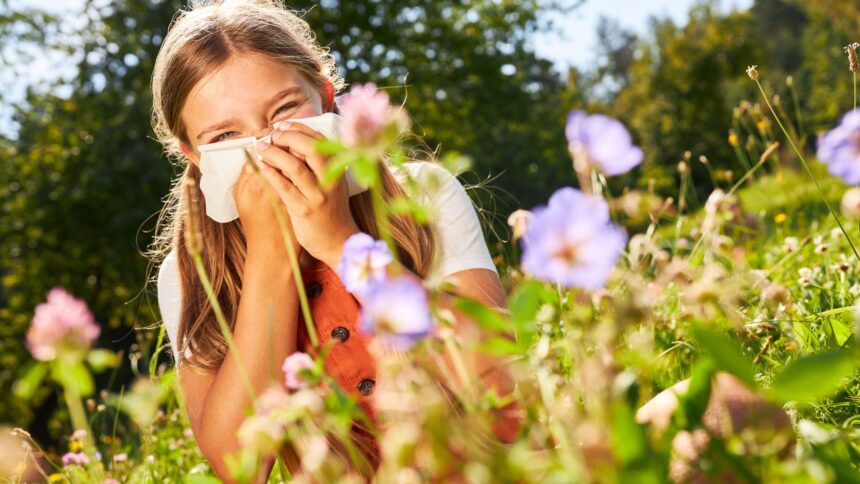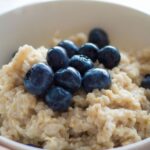Allergies can wreak havoc on the body and make one feel generally unwell. While exposure to allergens should certainly be avoided as much as possible, staying hydrated is equally important for the body to function properly and heal. Certain drinks provide nourishment and hydration without potentially exacerbating allergy symptoms. This article will explore some beverage options to consider for allergy relief.
What to Drink for an Allergy?
8 Best beverage options to consider for allergy relief
- Non-Dairy Milks for Lactose Intolerance
- Herbal Tea for Sinus Congestion
- Hydrating Fruit Infusions
- Electrolyte Beverages for Persistent Congestion
- Sports Drinks for Outdoor Exposure
- Alcoholic Beverages to Avoid
- Alcoholic Beverages to Avoid
- Staying Hydrated is Key
Non-Dairy Milks for Lactose Intolerance
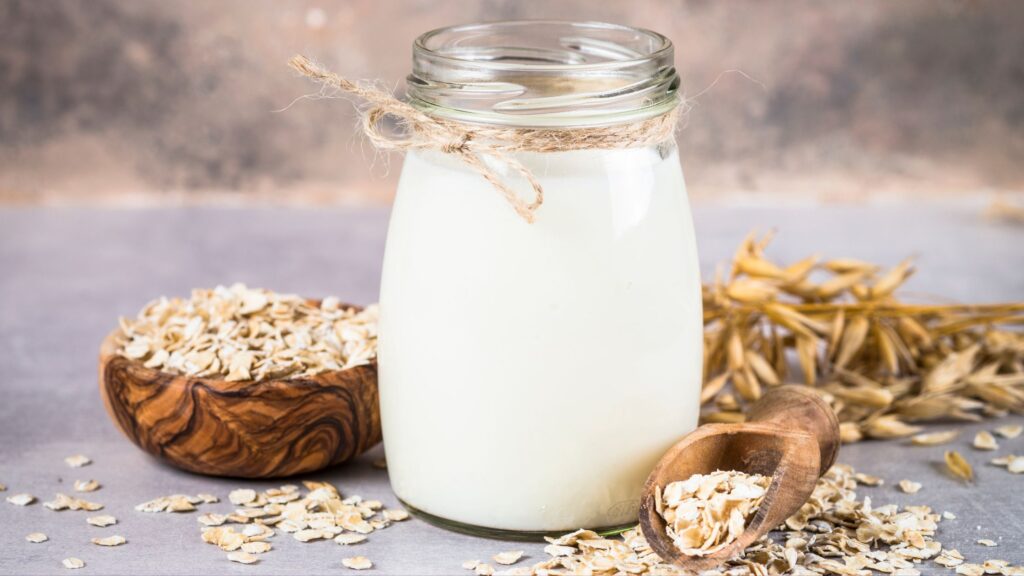
For those with a lactose intolerance, dairy milk can cause uncomfortable digestive symptoms like bloating, gas, and diarrhea. Fortunately, many non-dairy milk alternatives are just as nutritious without the lactose. Soy milk, almond milk, coconut milk, and oat milk are all lactose-free substitutions that can be enjoyed in foods and drinks. They provide hydration along with nutrients like calcium, vitamins, and minerals. Stocking these milk alternatives in the fridge allows for worry-free cereal, cooking, and drink options that won’t disrupt the digestive system.
Herbal Tea for Sinus Congestion
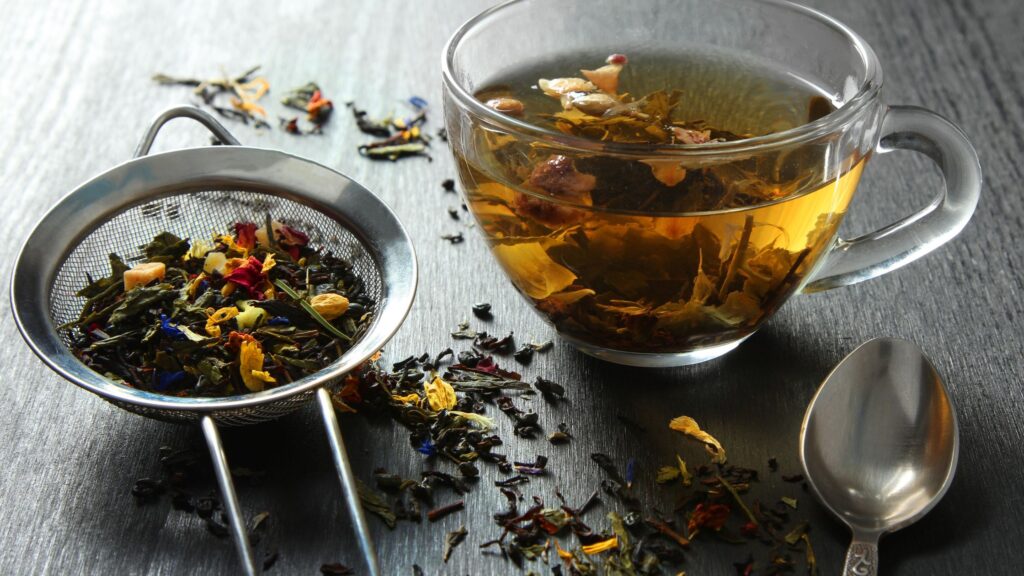
On days when seasonal allergies are flaring up sinus congestion and pressure, herbal teas can offer soothing relief. Traditional medicines like chamomile, peppermint, and echinacea teas contain therapeutic properties that help ease congestion naturally. Sipping on a warm cup allows the steam to open nasal passages while antioxidants and anti-inflammatory compounds in the herbs do their work. Herbal teas tend to be gentler on the body than coffee or other caffeinated drinks as well. Having a variety of soothing herbal tea bags on hand is a healthy beverage choice for allergy emergencies.
Hydrating Fruit Infusions
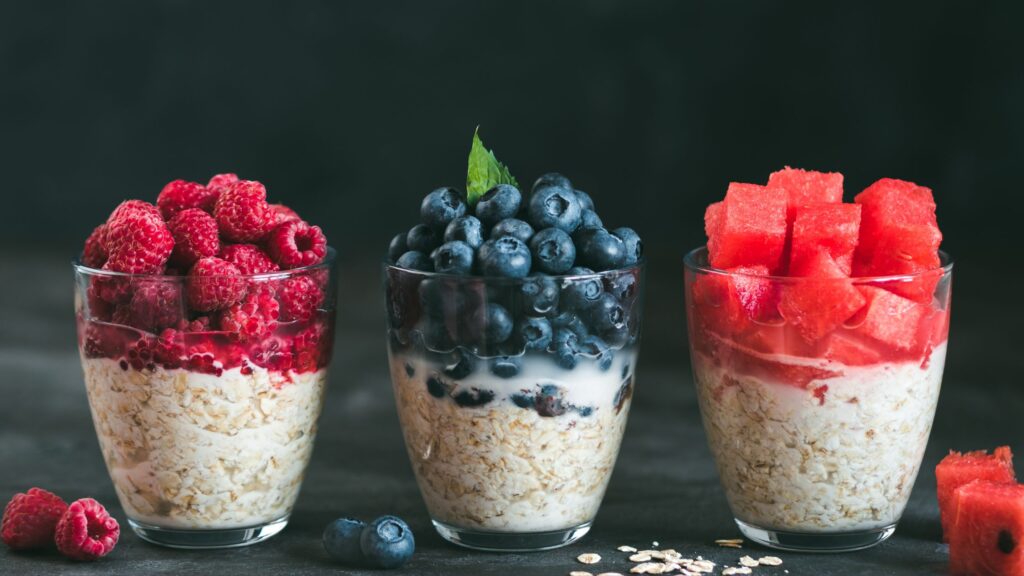
Staying hydrated is important to thin out mucus and manage symptoms, yet plain water can seem boring when not feeling one’s best. Fruit infusions are a tasty way to get hydration with allergen-free nutrient boosts. Simply fill a water bottle with fresh or frozen fruit slices like watermelon, berries, citrus, or melon and allow them to infuse overnight in the fridge. Sip on the naturally flavored water throughout the day for a breath of freshness. Fruit waters are low-calorie and packed with antioxidants, vitamins, and electrolytes for improved energy and comfort during allergy season.
Electrolyte Beverages for Persistent Congestion
When seasonal allergies drag on for days or weeks on end, it’s easy to lose electrolytes from excessive mucus production, nasal drainage, and suppressed appetite. Losing fluids and electrolytes can exacerbate tiredness and other symptoms. Keeping hydrated with electrolyte beverages mitigates these risks. Look for options like electrolyte tablets, powders, drinks, or juices fortified with sodium, potassium, magnesium, and other essential minerals. While not as glamorous as fresh juices, electrolyte replenishment helps ensure the body has what it needs to fight allergies instead of playing defense against additional dehydration and fatigue. Staying on top of electrolyte intake prolongs wellness during difficult allergy phases.
Sports Drinks for Outdoor Exposure
While outdoor activity is healthy and important for both physical and mental wellness, prolonged exposure to high pollen counts or other allergens in nature can quickly deplete anyone, even if asymptomatic at first. Being properly hydrated with electrolyte-enhanced drinks mitigates risks and helps push through allergen exposure. Sports drinks replace fluids lost through perspiration along with sodium, potassium, and carbohydrates for sustained energy levels, especially when combined with snacks. Keep a few individual drink pouches or bottles handy for hiking trips, yard work, sporting practices, or games to stay fueled to complete planned activities before allergen assault overwhelms the body. Proper hydration with sports drinks buys extra time outdoors.
Alcoholic Beverages to Avoid
While a cocktail may seem like a pleasant way to unwind on a difficult allergy day, alcoholic drinks are best avoided and saved for allergy-free periods. Alcohol acts as a diuretic that increases the loss of bodily fluids through urination. As such, it counteracts efforts to hydrate the body and replenish electrolytes lost to allergies. Additionally, many alcoholic beverages like wine and beer use grains as a base which poses risks for those with gluten sensitivities or intolerances related to sinus issues. In general, alcoholic drinks are devoid of nutrients and further suppress appetite, overall health, and recovery. Finding alternative relaxation activities allows the body to fully focus on healing instead of additional irritants. Recovery should be the primary objective during allergy battles.
Staying Hydrated is Key
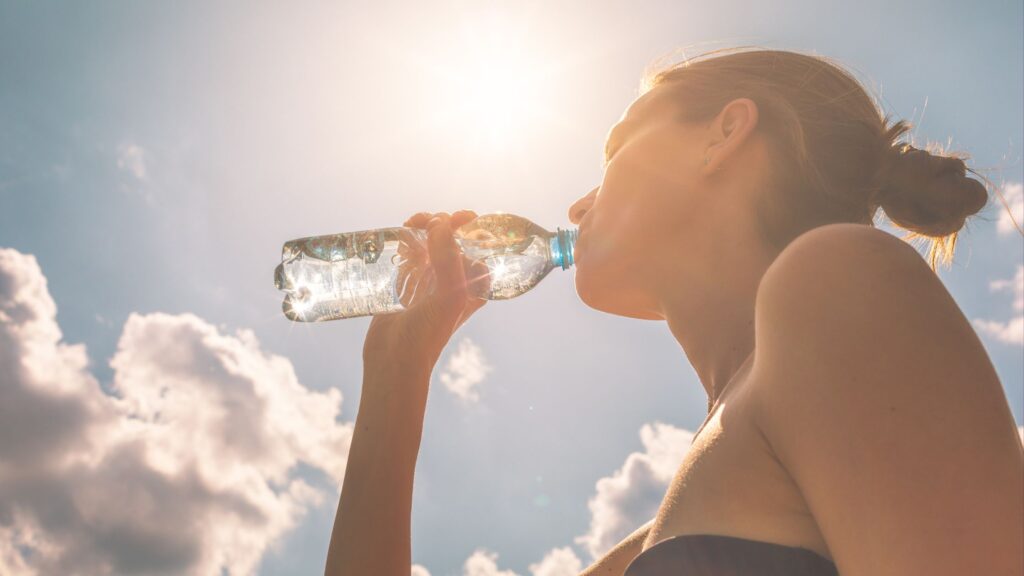
In the end, no single remedy or beverage solves allergy symptoms alone, but consistent hydration supports natural healing and manages discomfort more effectively. Keeping a variety of the hydrating and restorative drink options discussed on hand ensures flexibility based on individual sensitivities, circumstances, and ever-changing symptoms. Listening to bodily cues about fluid and nutrient needs helps stay one step ahead of allergy complications with strategic nourishment. Proper hydration, tolerance for personal limits, and avoiding known triggers as much as possible aid in riding out allergy seasons with more ease.
Conclusion
The beverages one consumes have real impacts on how the body handles allergies and recovers between bouts of sensitivity. Exploring hydrating alternatives without common food allergens or additives restores fluid balance and delivers nutrients to support healing. While avoidance of provoking allergens must remain a priority, finding hydrating routines tailored to individual circumstances helps keep discomfort manageable. Staying properly nourished allows both the mind and body to find relief, even on difficult days. Experimenting with options covered here expands the support system for staying allergy-strong throughout changeable seasons.

